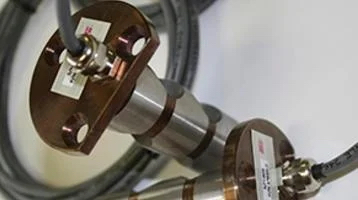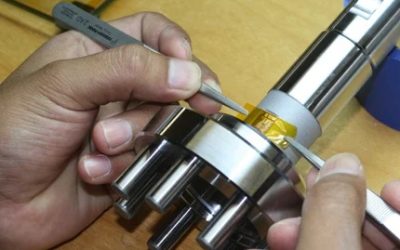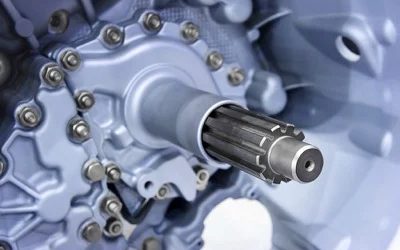Basic Facts
3 Things You Need to Know About Load Cells

For many people, the industrial industry is incredibly confusing. Terms like load cells and torque sensors may seem like a foreign language to them, and those who work in the field don’t always know how to explain it in a way that makes sense. We have compiled a basic guide for those who want to learn about load cells and the industry in general. Check it out, and if you have any questions, feel free to contact us.
What Are Load Cells?
Load cells mostly use a strain gauge technology, which has been used and proven in the field for over 40 years. These pieces of technology are used to convert a force into an electrical output to be measured. Types of custom load cells include strain gauge type load cells, hydraulic load cells, diaphragm load cells, spool type load cells and ring type load cells. The one you need would depend on primary and secondary elements that are sensing the force.
Sensors Are Necessary
Load cell and torque sensors may seem like tiny pieces of technology, so the untrained person would not see how powerful of a tool they are. Load cell and torque sensors are able to operate from -452 degrees F to 450 degrees F, which makes them incredibly versatile. These sensors are used for multiple purposes: to detect cracks in the field, to check stability, and prevent overloading.
Improving Technology
This industry is constantly expanding and evolving. There are currently numerous multibillion dollar projects going on to improve technology even further, and to digitalize things that haven’t already been digitalized. In fact, one such project is studying how to improve sensor technology to detect cracks in the field and keep tabs on them in aircrafts. This would mean that rather than only finding something wrong at the occasional inspection, pilots would be able to see something wrong as soon as it happens. The research is being funded in part by the United States Army.
Did you know any of this about the industry and its technology? Will you be following further developments?
Basic Fundamental Facts
Calibration Technology is Changing the World
Basic Facts Calibration is the process of comparing the...
5 Essential Tools to Have Both in the Garage and At Work
Basic Facts Having the right rotating equipment and tools is...
5 Industries That Thrive On Sensors for Accurate Measurements
Basic FactsMeasurement services are important for just about...



